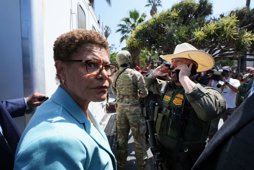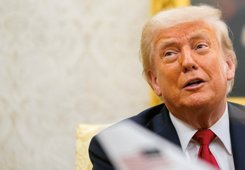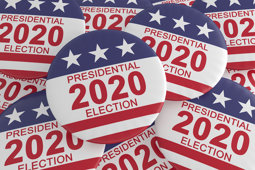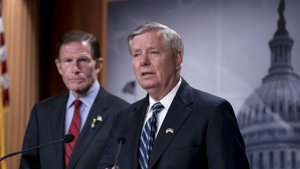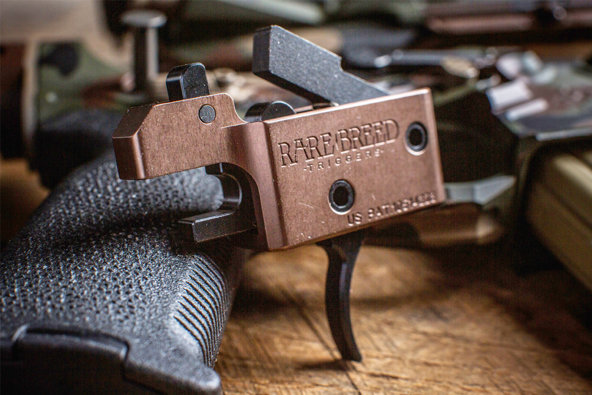
Justice Department Settlement Lifts Ban on Forced-Reset Triggers
DOJ ends ban on forced-reset triggers in deal with Rare Breed, prompting alarm from gun control advocates.
Settlement Marks Major Shift in Federal Gun Policy
The Trump administration will allow the sale of forced-reset triggers after the Department of Justice reached a settlement with Rare Breed Triggers, ending a long-standing federal ban. The agreement, announced Friday, also requires the government to return devices previously seized or voluntarily surrendered under the now-rescinded classification.
The decision represents a significant reversal of firearm regulation policy, undoing efforts by the prior Democratic administration to restrict access to devices that enable semiautomatic rifles to fire more rapidly. Forced-reset triggers replace standard triggers on AR-15-style rifles and are designed to fire multiple rounds with continuous finger pressure—functionally similar to automatic weapons.
Attorney General Pam Bondi defended the settlement, stating, “This Department of Justice believes that the 2nd Amendment is not a second-class right.” The move signals the administration’s broader intention to roll back several Biden-era gun control measures.
Gun control advocates swiftly condemned the development. “The Trump administration has just effectively legalized machine guns. Lives will be lost because of his actions,” said Vanessa Gonzalez, vice president of government and political affairs at GIFFORDS, a prominent gun control organization.
Legal Battle with Rare Breed Triggers Ends in Concession
Rare Breed Triggers, previously represented by David Warrington—now serving as Trump’s White House counsel—had challenged the federal government’s classification of the devices as machine guns. The company argued that the Bureau of Alcohol, Tobacco, Firearms and Explosives (ATF) overstepped its authority and targeted them without legal basis.
“This victory is a landmark moment in the fight against unchecked government overreach,” said Lawrence DeMonico, president of Rare Breed Triggers. “The ATF and DOJ tried to silence and bury us not because we broke the law, but because I refused to bend to the will of a tyrannical administration.”
The DOJ's agreement includes a provision that Rare Breed Triggers will not develop or distribute such devices for handguns. However, the company is now free to continue manufacturing and selling forced-reset triggers for rifles. The settlement requires the ATF to return confiscated devices to owners or the manufacturer.
The forced-reset trigger issue has long been controversial. Federal officials previously argued that these devices violate the National Firearms Act because they allow semiautomatic rifles to function as automatics without requiring multiple trigger pulls. The legal status of such devices had remained uncertain due to ongoing litigation, until now.
The settlement could set a precedent for other pending cases involving firearm components targeted under broader gun control initiatives. It also underscores a new direction in federal firearm policy under the Trump administration—one that prioritizes individual gun rights and scrutinizes agency authority in firearms enforcement.


